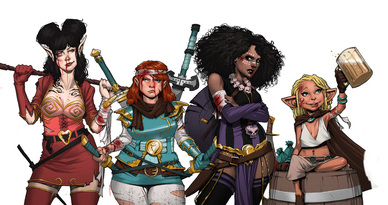 Rat Queens (click for source)
Rat Queens (click for source)
You may well have heard by now about the controversy surrounding this year's Hugo Awards - arguably the most prestigious awards in science fiction - but here's the short version just in case. A group of largely conservative, right-wing fans and writers calling themselves the Sad Puppies have successfully campaigned to flood the ballot with works and authors approved by them, meaning that a huge number of this year's nominees have been chosen by a relatively small group of people, in apparent protest at the increasing diversity and inclusivity in the industry and in fandom.
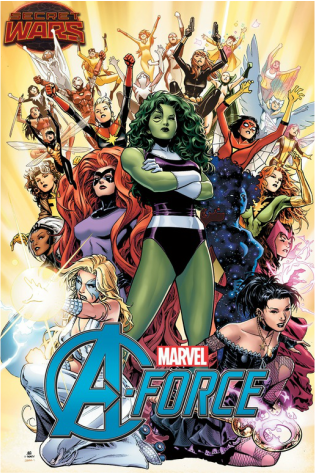
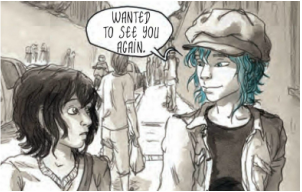
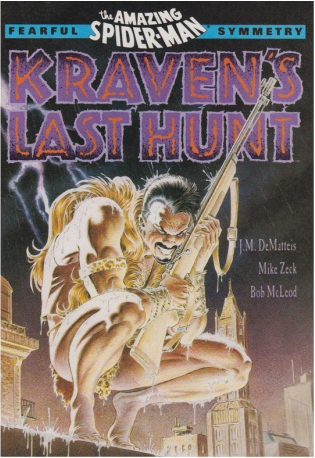
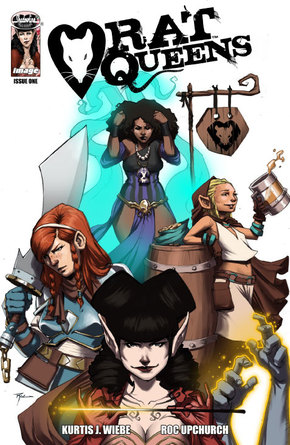
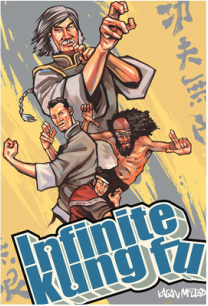
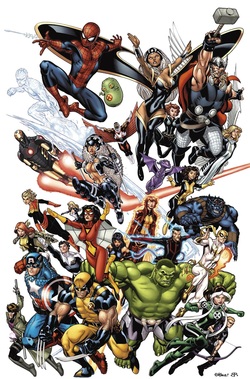
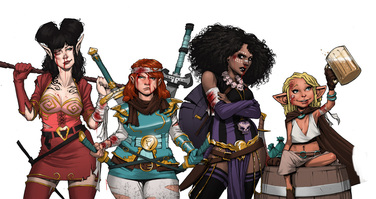
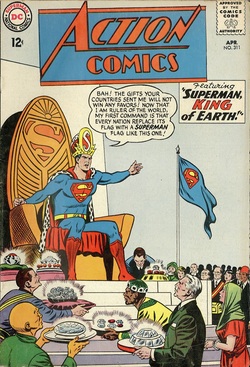

 RSS Feed
RSS Feed
